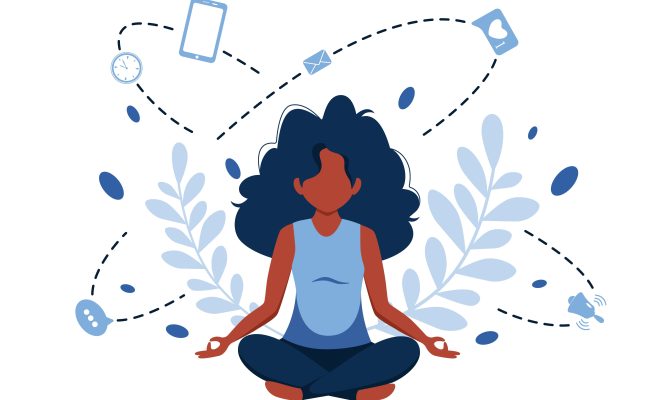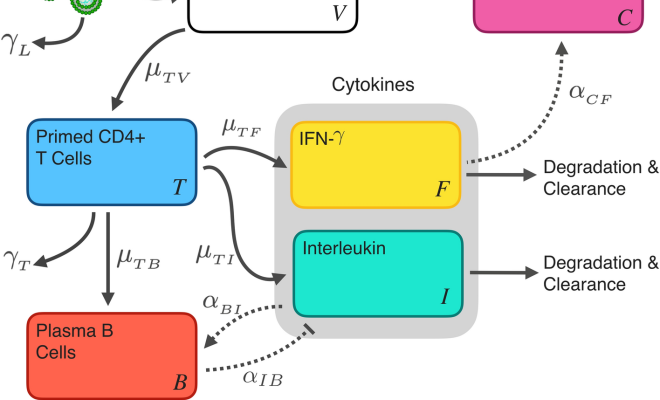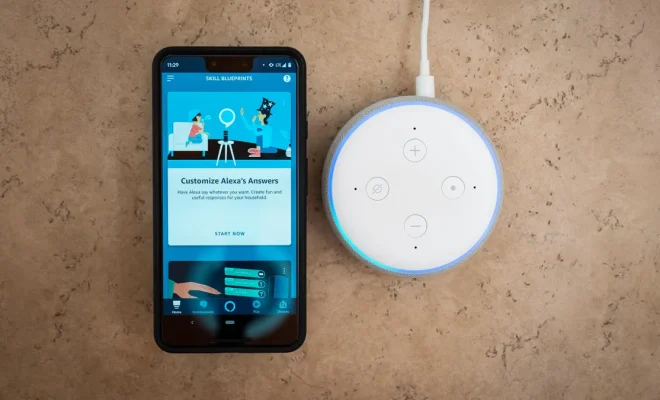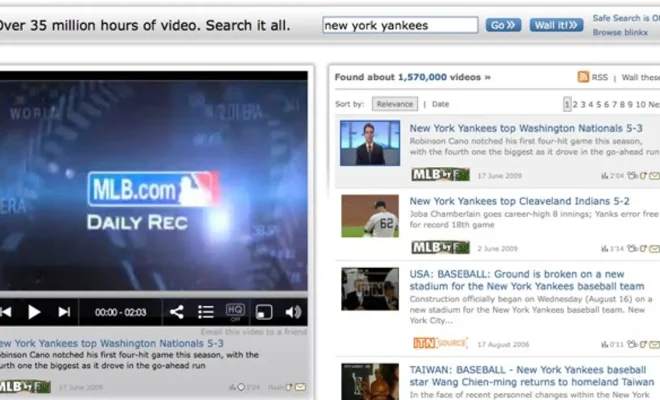Unplugging from Social Media for Mental Health Benefits

Introduction:
In today’s fast-paced digital age, social media has become an integral part of our daily lives. While it might be beneficial for staying connected, excessive use can contribute to a decline in mental health. CNET Health recently published an article highlighting the importance of taking breaks from social media to help improve mental well-being. In this article, we will discuss the benefits of unplugging from social media platforms and strategies to implement these breaks successfully.
The Impact of Social Media on Mental Health:
Numerous studies indicate the association between heavy social media use and increased anxiety, depression, sleep disturbances, and even feelings of loneliness. The endless stream of information can leave individuals feeling overwhelmed and inadequate by creating unrealistic expectations and promoting social comparison.
Benefits of Unplugging from Social Media:
1. Reduced Anxiety: Taking breaks from social media can help mitigate anxious thoughts stemming from constant exposure to negative news or fear of missing out (FOMO).
2. Improved Mood: Stepping away from screens allows people to engage in activities that foster happiness and relaxation without the influence of virtual competition.
3. Enhanced Focus & Productivity: Disconnecting helps individuals concentrate better on the task at hand and accomplish their goals more effectively.
4. Better Sleep Quality: Reducing screen time before bed can significantly improve sleep patterns, leading to increased energy during the day.
5. Stronger Real-Life Relationships: Prioritizing meaningful in-person interactions strengthens bonds with friends and family members.
Strategies for Detoxifying from Social Media:
1. Set Limits: Establish boundaries for your social media usage by setting time limits or designating specific hours during the day for engaging with these platforms.
2. Declutter Your Accounts: Unfollow or unfriend negative accounts that bog down your timeline or feed to create a more positive online environment.
3. Quality over Quantity: Focus on meaningful interactions with friends rather than constantly seeking more friends and connections virtually.
4. Utilize App Features: Make use of the built-in features or third-party applications that help monitor and limit your usage.
5. Plan Offline Activities: Allocate time for engaging in physical exercise, reading, practicing mindfulness, or participating in hobbies that don’t require screen use.
Conclusion:
Unplugging from social media is essential to maintain a healthy balance in our lives. Incorporating regular breaks using the strategies mentioned above can significantly improve mental health. Remember, it is crucial to prioritize real-life interactions and engagement in activities that foster well-being for a healthier, happier lifestyle.





